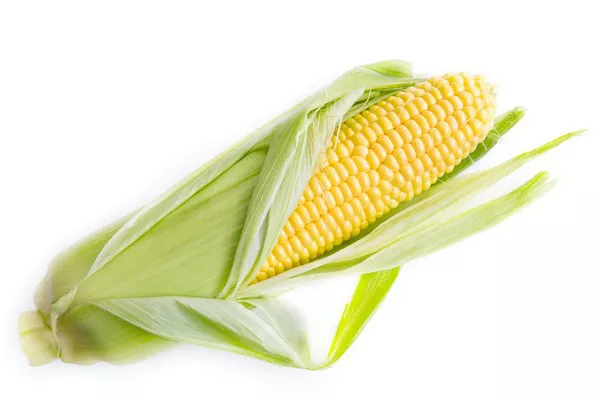Maintaining a calorie deficit is key to achieving weight loss goals. However, it’s important to remember that eating too little can be just as detrimental to your health as consuming too many calories. To ensure that you are getting the proper nutrition while on a calorie deficit, it’s important to choose foods that are nutrient-dense and low in calories.
Here are some foods to consider when on a calorie deficit:
Vegetables
Vegetables are an excellent choice for anyone looking to lose weight. They are low in calories but high in fiber, which means they will keep you feeling full for longer periods of time. In addition, vegetables are packed with micronutrients and antioxidants that are important for overall health. Some great options include leafy greens like spinach and kale, as well as cruciferous vegetables like broccoli and cauliflower.
Fruits
Fruits are another great option for those on a calorie deficit. Like vegetables, they are low in calories and high in fiber, making them a filling snack. Additionally, fruits are a good source of vitamins and minerals that can help support your immune system and overall health. Some good options include berries, apples, and citrus fruits.
Lean Protein
Protein is important for maintaining muscle mass, especially when on a calorie deficit. However, it’s important to choose lean protein sources to avoid excess calories. Good options include chicken breast, turkey, fish, and tofu.
Whole Grains
Whole grains are a good source of fiber and complex carbohydrates, which make them a good option for sustained energy throughout the day. Some good options include brown rice, quinoa, and whole grain bread.
Legumes
Legumes are a good source of both protein and fiber, making them a filling and nutritious choice. Some good options include lentils, chickpeas, and black beans.
Healthy Fats
Healthy fats, such as those found in nuts and seeds, are important for overall health and can help keep you feeling full. However, it’s important to remember that fats are high in calories, so it’s important to consume them in moderation. Some good options include almonds, walnuts, chia seeds, and avocado.
Water
While not a food, water is an essential part of any weight loss plan. Drinking plenty of water can help fill you up and prevent overeating. In addition, staying hydrated is important for overall health.
When on a calorie deficit, it’s important to remember that the quality of your diet is just as important as the quantity. Choosing nutrient-dense foods like vegetables, fruits, lean protein, whole grains, legumes, and healthy fats can help ensure that you are getting the proper nutrition while still achieving your weight loss goals.
In addition to these foods, there are also some general tips that can help you stay on track while on a calorie deficit:
Monitor Your Portions
Even when consuming healthy foods, it’s important to monitor your portions to ensure that you are not consuming too many calories. Using measuring cups and a food scale can help you accurately portion out your meals.
Plan Ahead
Planning ahead can help you avoid making impulsive choices that may lead to overeating. Consider preparing meals and snacks in advance to ensure that you always have healthy options available.
Stay Active
Regular physical activity can help boost weight loss efforts. Aim for at least 30 minutes of moderate-intensity exercise each day, such as brisk walking or cycling.
Seek Support
Weight loss can be challenging, so it’s important to seek support from friends, family, or a healthcare professional. Joining a support group or working with a registered dietitian can also be helpful.
In conclusion, maintaining a calorie deficit is an effective way to achieve weight loss goals, but it’s important to do so in a healthy and sustainable way. Choosing nutrient-dense foods like vegetables, fruits, lean protein, whole grains, legumes, and healthy fats can help ensure that you are getting the proper nutrition while still achieving your weight loss goals. Monitoring portions, planning ahead, staying active, and seeking support can also be helpful strategies for success.
Related topics:


